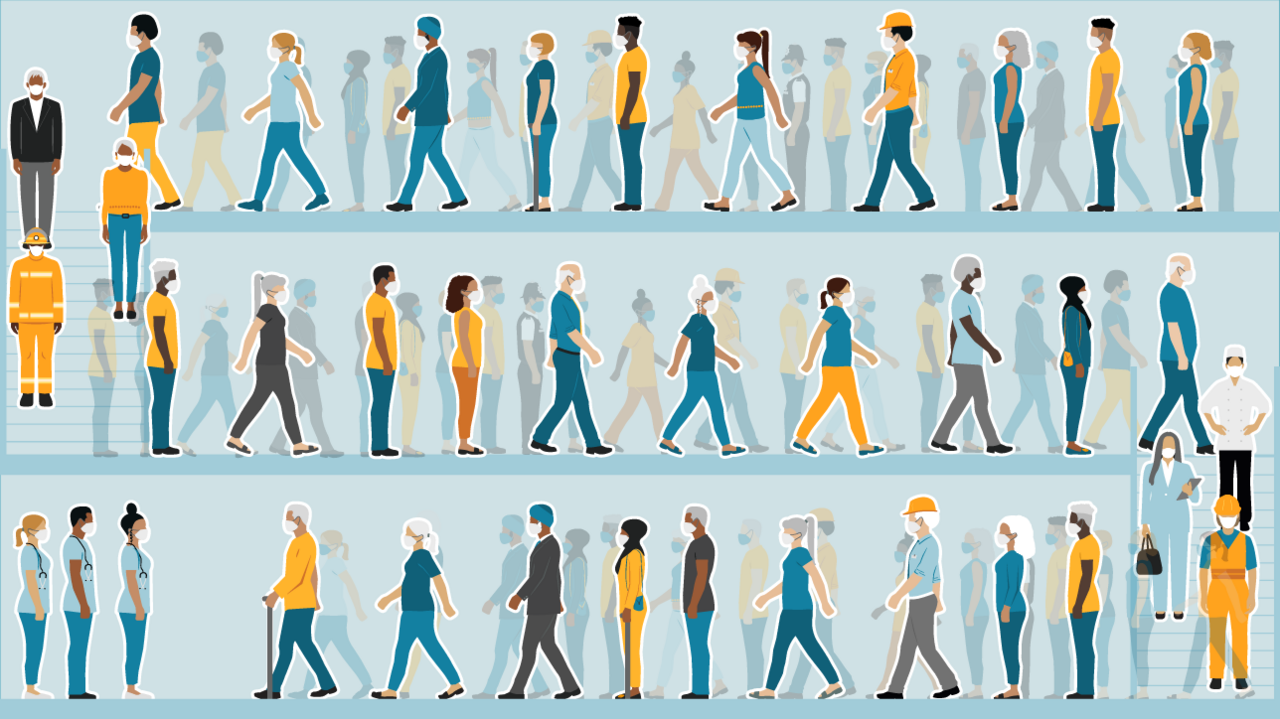UK to donate more than 100m surplus vaccine doses, says PM
- Published
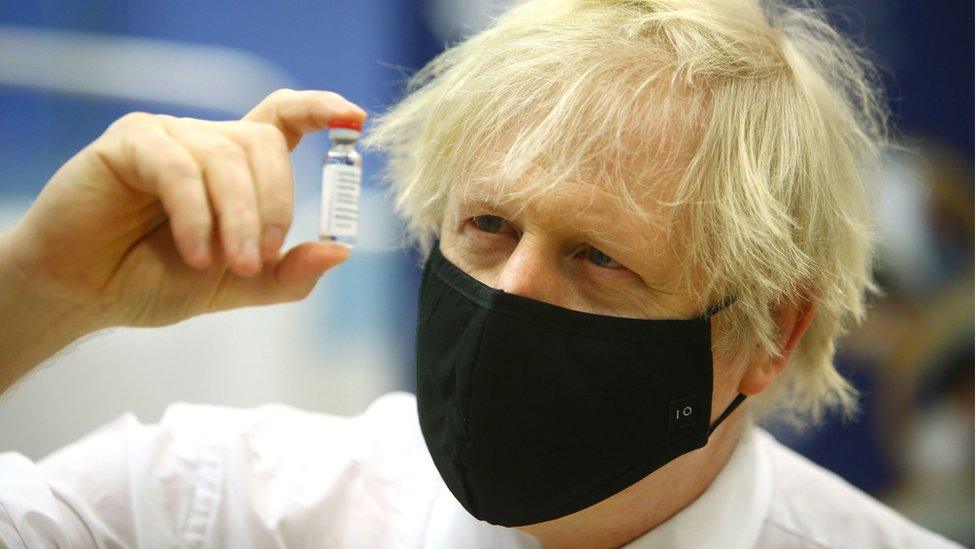
Boris Johnson says the UK will start donating coronavirus vaccines to poorer countries in the next few weeks.
More than 100 million surplus doses will be delivered in the next year, he announced ahead of the G7 summit.
US President Joe Biden has promised 500 million doses of Pfizer vaccines to 92 low and middle-income countries and the African Union.
Five million doses will be given by the UK by the end of September, with 25 million more by the end of the year.
The prime minister said: "As a result of the success of the UK's vaccine programme we are now in a position to share some of our surplus doses with those who need them.
"In doing so we will take a massive step towards beating this pandemic for good."
He said he hoped his fellow leaders at the summit in Carbis Bay, Cornwall, which starts on Friday, would "make similar pledges so that, together, we can vaccinate the world by the end of next year".
The group of leaders of wealthy nations is expected to collectively agree to provide a billion doses of coronavirus vaccines in a collective effort to end the pandemic.
The leaders of Canada, Japan, France, Germany and Italy as well as the US and the UK, are also setting out a plan to expand vaccine manufacturing to help hit that goal.
Speaking in Cornwall, Mr Biden said: "The United States is providing these half billion doses with no strings attached. No strings attached.
"Our vaccine donations don't include pressure for favours, or potential concessions. We're doing this to save lives."
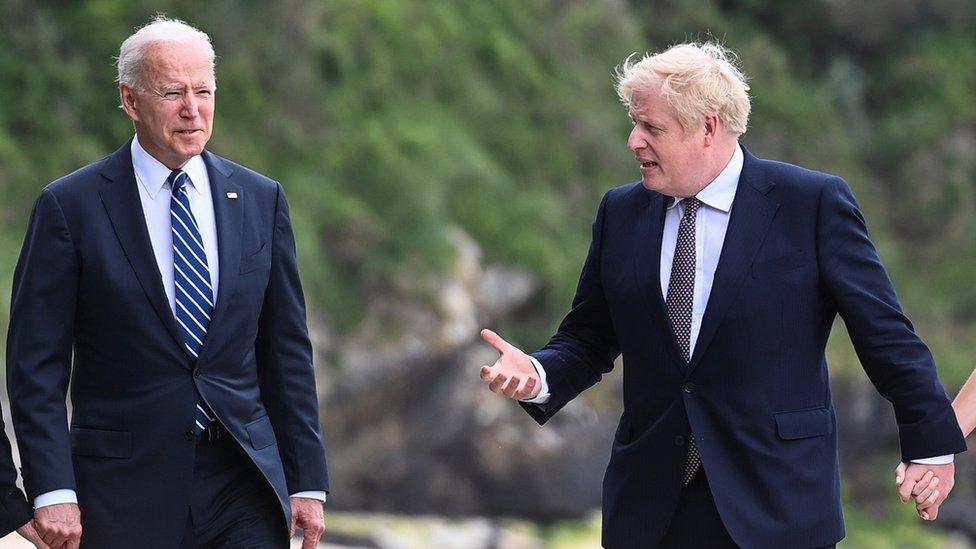
The announcement came after the US and UK leaders met for the first time in Cornwall ahead of the G7 summit
It is not the first contribution to global vaccination by the UK government - it has already donated more than £500m to Covax, the scheme that distributes vaccines to the world's poorest countries.
And it helped develop the Oxford-AstraZeneca vaccine, which is available at cost price - with two-thirds of the 400m doses going to low and middle-income countries, including 170m to India.
Mr Johnson wants the G7 leaders to encourage other pharmaceutical companies to also provide vaccines at cost price, while the pandemic continues.
About a fifth of the doses being donated by the UK will be delivered through specific agreements with countries in need, with the rest being donated through Covax.
Speaking to the BBC, vaccines minister Nadhim Zahawi agreed that even with the G7 donation pledges "fundamentally, there's a shortage" to vaccinate everyone and called on manufacturers to scale up production across the world.
He also said no-one in the UK would have to wait longer for a vaccine because of the country's contribution to the global effort.
He added that the UK was on track to offer all those aged over 50 - who had already had a first jab - a second dose by 21 June.
The government has ordered more than 500m doses of seven of the most promising vaccines, including the four so far approved for use.
It is hoped that the surplus doses of vaccine could help prevent the spread of the virus around the world and in doing so, restrict the emergence of more new variants.
The donations announcement comes after the UK went back on a commitment to spend 0.7% of national income on overseas aid, instead cutting that to 0.5%, citing the pandemic's effect on public finances.
The donation of vaccines will count as extra aid spending on top of the £10bn promised under the reduced target.
Zoe Abrams, executive director at the British Red Cross, said the promise on vaccines was "heartening" but added: "While every commitment must be welcomed, more needs to be done, and fast."
And Lis Wallace, head of UK advocacy at anti-poverty campaigners One, said it was "not happening anywhere near fast enough", calling on Mr Johnson to start sharing doses straight away.
Related topics
- Published14 June 2021
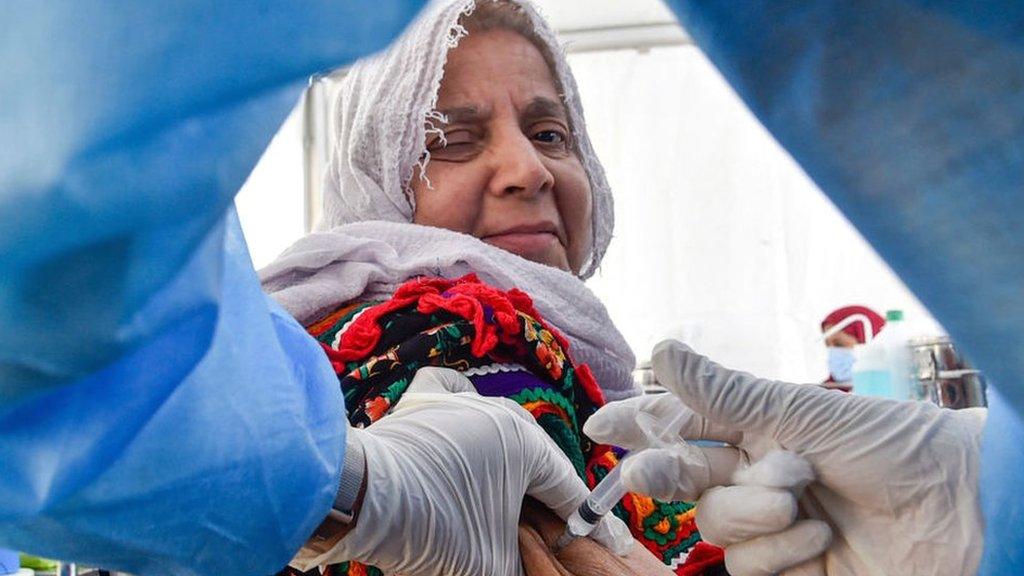
- Published11 June 2021
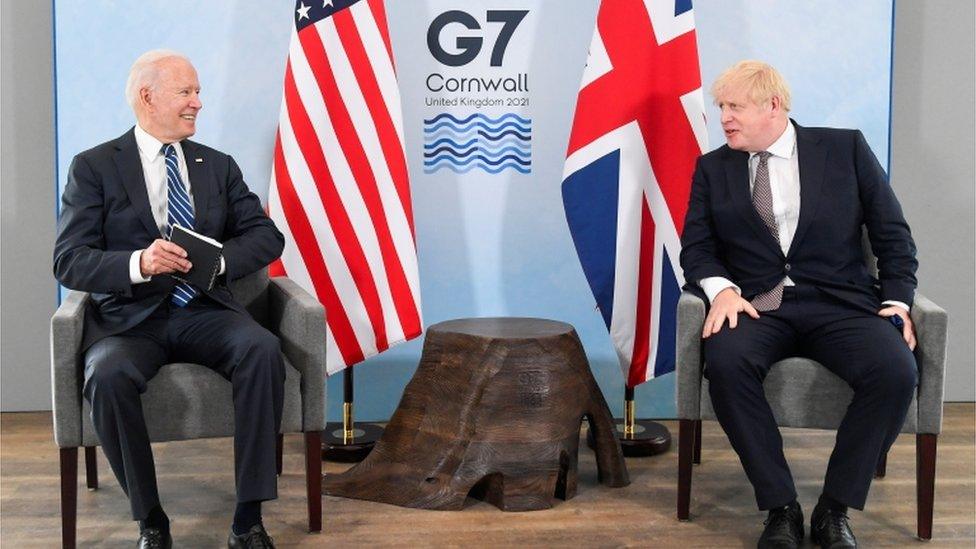
- Published9 June 2021
- Published9 June 2021
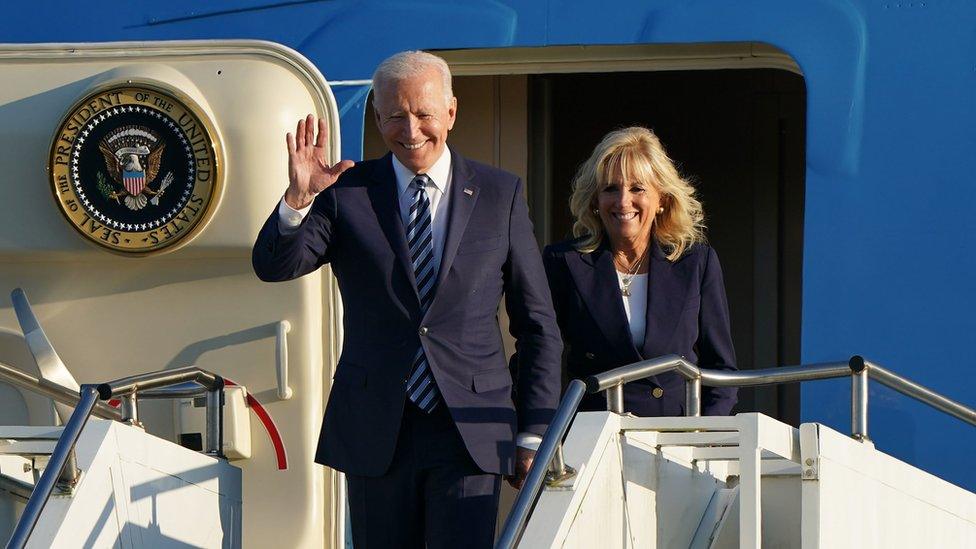
- Published8 November 2021
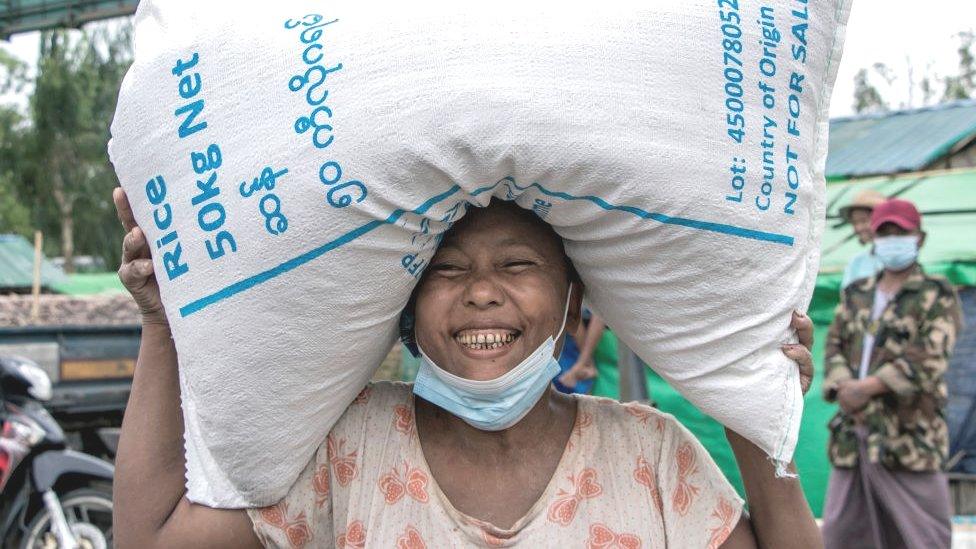
- Published4 March 2022
